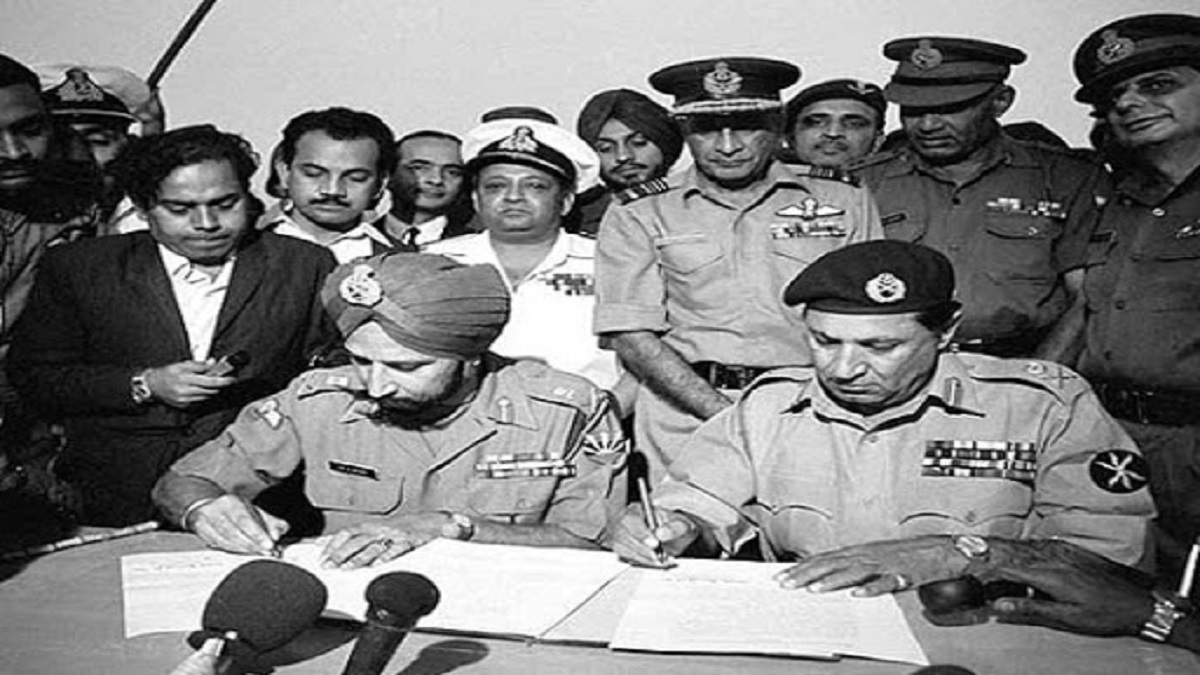The Indo-Pak War of 1971: A Turning Point in South Asian History
Introduction:
The Indo-Pak War of 1971 stands as a significant milestone in the history of the Indian subcontinent. Fought between India and Pakistan, this conflict led to the creation of Bangladesh, formerly known as East Pakistan. In this blog post, we delve into the key events, underlying causes, and far-reaching consequences of the 1971 war.
Background: The roots of the conflict can be traced back to the partition of British India in 1947, which led to the creation of two separate nations: India and Pakistan. East Pakistan, geographically separated from West Pakistan, faced political and economic marginalization, which fueled resentment among its population.
Causes of the War: The 1971 war had various underlying causes. The suppression of East Pakistani identity, language, and culture by the West Pakistani establishment, along with economic disparities, created a sense of discontent. Moreover, the political landscape was further complicated by the general elections held in 1970, in which the Awami League, representing East Pakistan, won a majority but was denied power by the ruling elite in West Pakistan.
The Liberation War: The conflict erupted when West Pakistan launched a military crackdown on East Pakistan, suppressing calls for autonomy and independence. In response, India, with its geopolitical interests and concerns for the welfare of Bengali refugees fleeing the violence, intervened to support the liberation movement in East Pakistan.
The Indian Armed Forces swiftly gained the upper hand, conducting successful military operations and supporting the Mukti Bahini, a Bengali guerrilla force. The Pakistani forces faced a daunting challenge, and by December 1971, they surrendered unconditionally, leading to the birth of Bangladesh as an independent nation.
Humanitarian Crisis and International Response: The war resulted in a massive humanitarian crisis, with widespread atrocities committed against the civilian population. Reports of genocide, mass killings, and the displacement of millions of people drew international condemnation. The international community rallied behind Bangladesh's cause, providing humanitarian aid and recognizing the newly formed nation.
Consequences and Legacy: The Indo-Pak War of 1971 had far-reaching consequences for both countries and the region as a whole. For Pakistan, the defeat led to the secession of East Pakistan, which not only dealt a blow to its territorial integrity but also shook the foundations of its political and military establishments.
On the other hand, the war solidified India's position as a regional power, strengthening its diplomatic standing and influence in South Asia. It also marked a significant moment in the country's commitment to upholding democratic values and supporting the self-determination of oppressed populations.
Furthermore, the war's impact extended beyond the borders of India and Pakistan. It inspired independence movements in other regions and served as a catalyst for political change and self-determination struggles across the world.
Conclusion: The Indo-Pak War of 1971 was a pivotal event that reshaped the political landscape of South Asia. The conflict highlighted the aspirations of the Bengali population in East Pakistan, ultimately leading to the creation of Bangladesh. It also underscored the importance of preserving human rights, upholding democratic principles, and addressing regional disparities.
The war's aftermath continues to influence the relationships between India, Pakistan, and Bangladesh, reminding us of the need for diplomatic efforts, dialogue, and reconciliation to foster lasting peace and stability in the region. The lessons learned from this war serve as a reminder of the importance of respecting diverse identities, promoting inclusive governance, and upholding the rights of all people.

Comments
Post a Comment